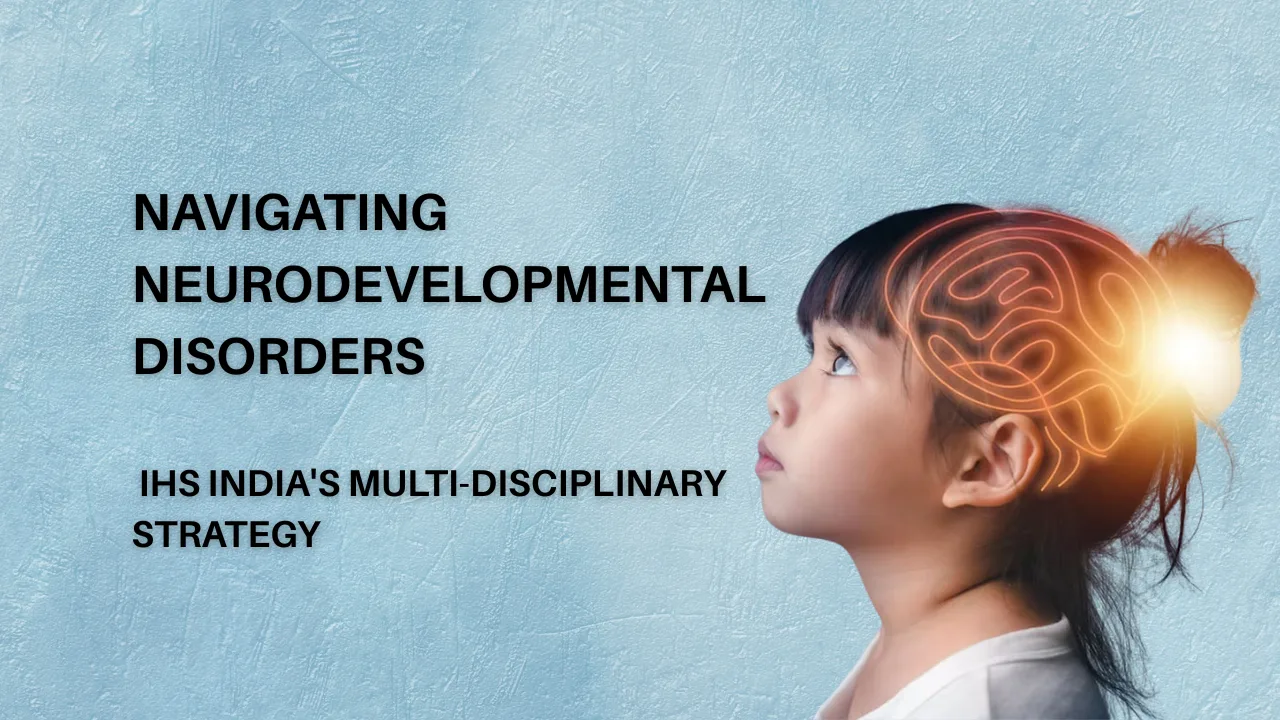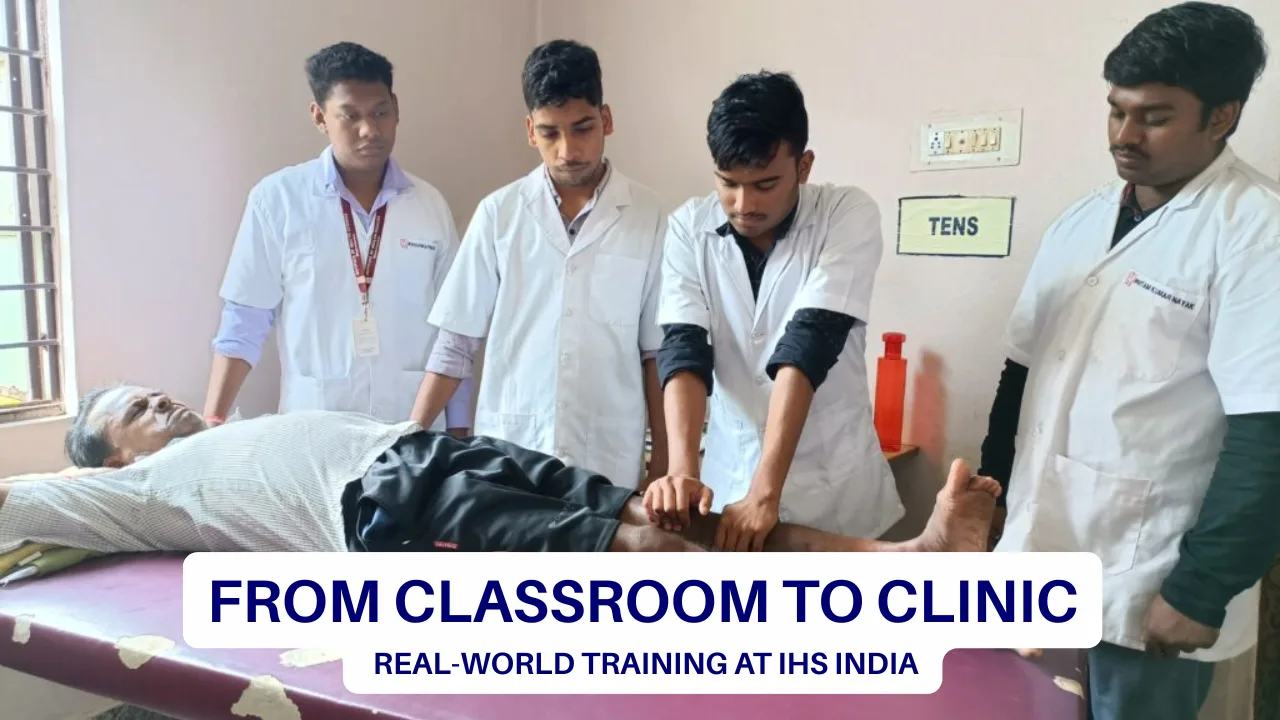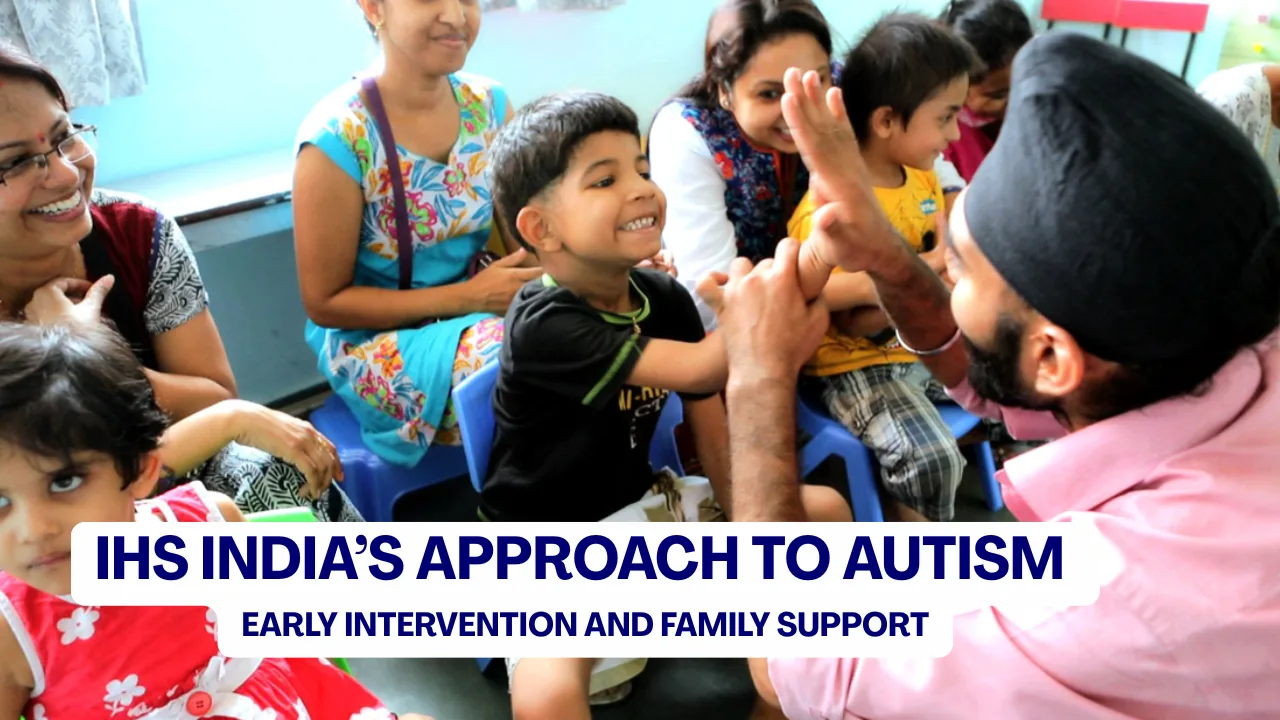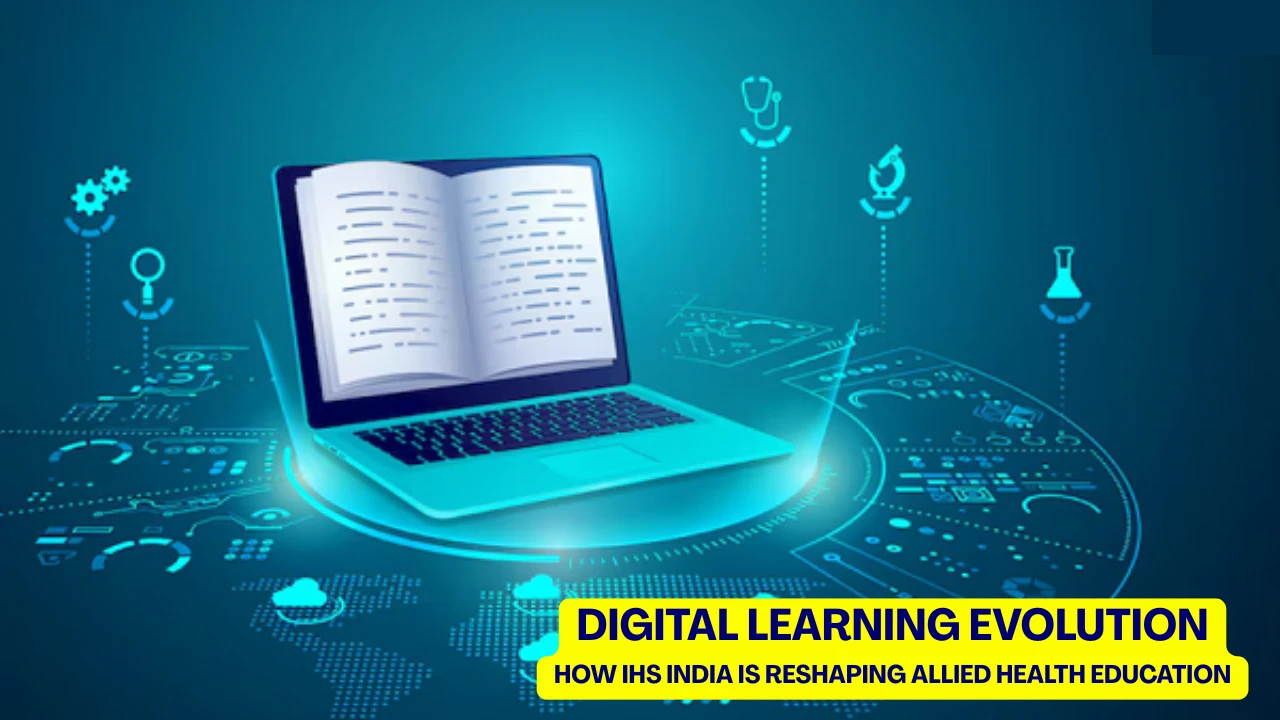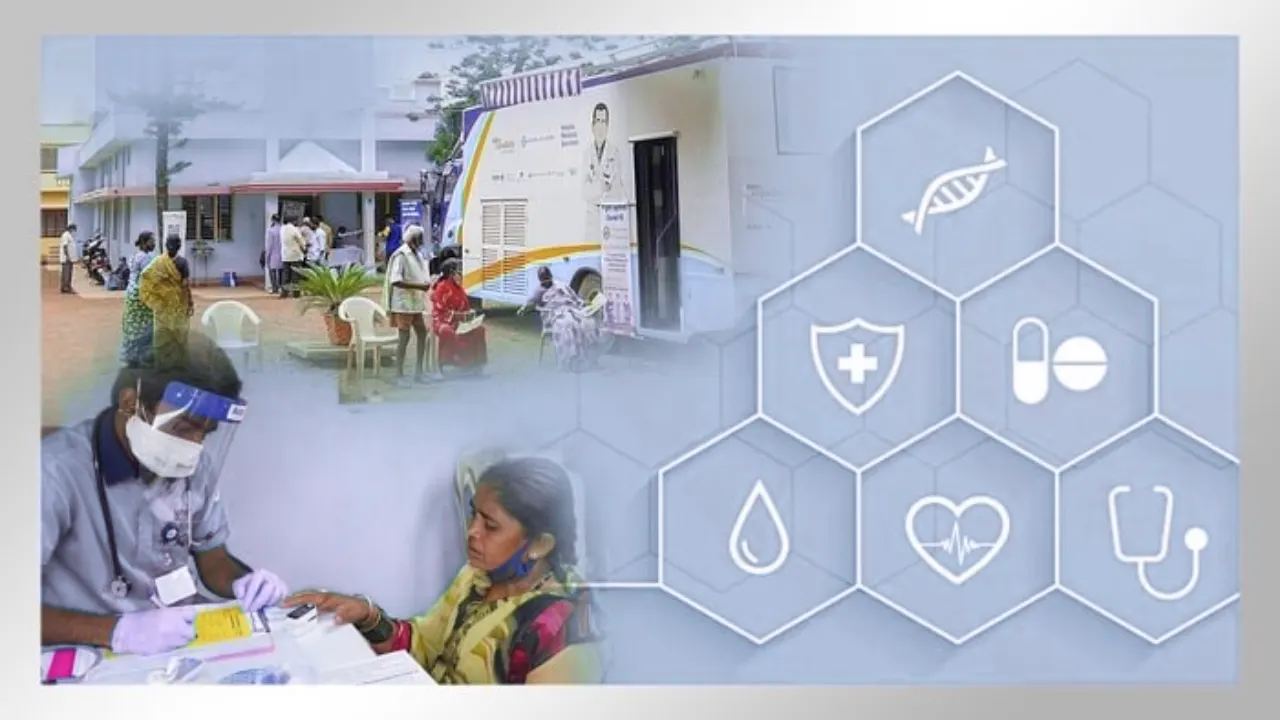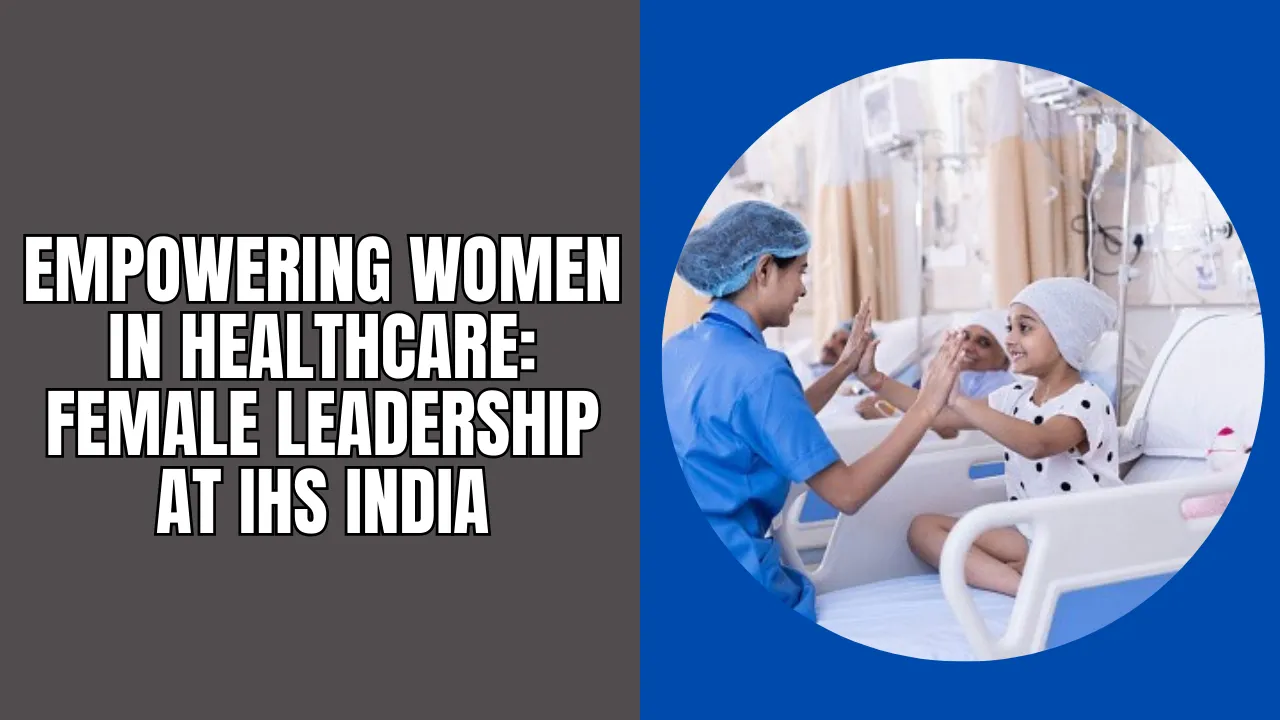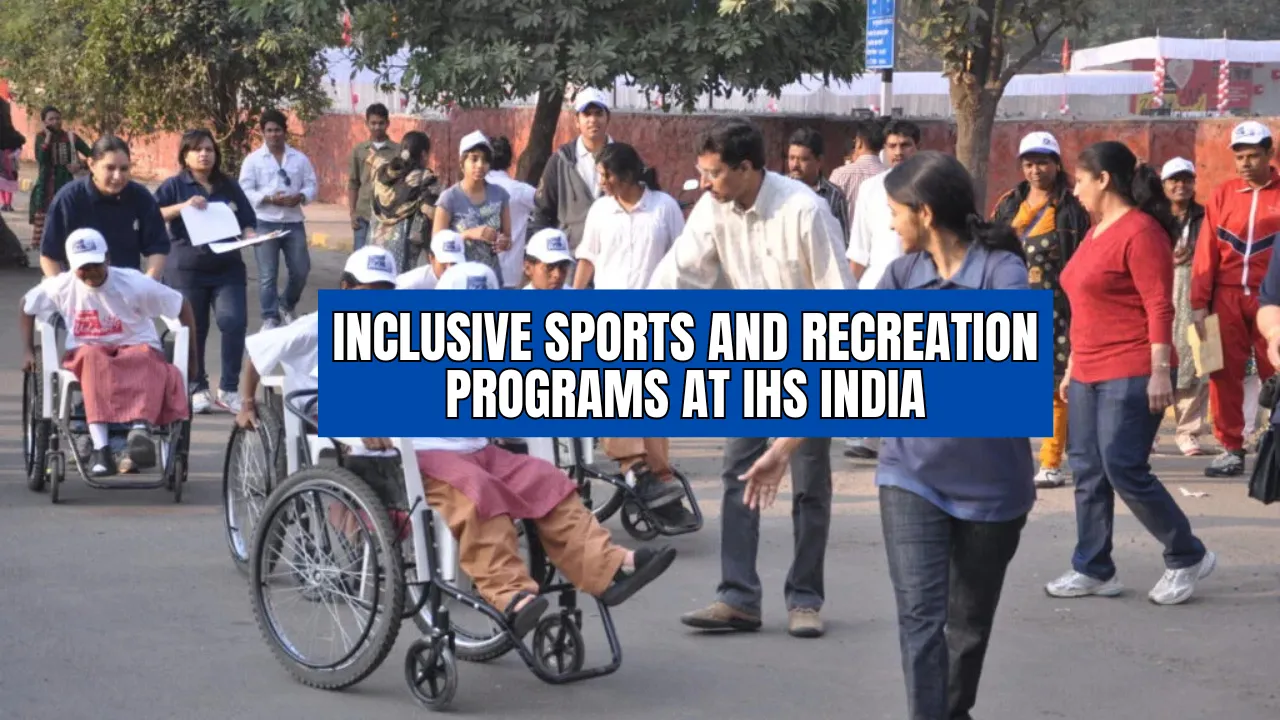Navigating Neurodevelopmental Disorders: Neurodevelopmental disorders are among the most pressing and sensitive challenges faced by families and healthcare professionals today. These conditions, which affect how the brain grows and processes information, often emerge during early childhood and influence a child’s ability to communicate, learn, interact socially, or perform everyday tasks. The impact is not just medical—it is deeply personal, emotional, and ongoing.
In India, where awareness and access to quality developmental care are growing steadily, IHS India has emerged as a pioneering center offering a structured, multi-disciplinary approach to managing neurodevelopmental disorders. This article delves into how IHS India utilizes a collaborative framework combining experts from various domains to deliver holistic care. It also offers insights into why integrated therapy works, what families can expect, and how early, coordinated intervention can make a transformative difference.
What Are Neurodevelopmental Disorders?
Neurodevelopmental disorders include a group of conditions that affect a child’s neurological development and brain function, often resulting in difficulties related to behavior, learning, speech, or movement. Some of the most commonly identified disorders in this group include autism spectrum disorder (ASD), attention-deficit/hyperactivity disorder (ADHD), intellectual disabilities, and specific learning disabilities. These conditions are lifelong but not unmanageable. With early diagnosis and well-rounded support, children can significantly improve their skills, independence, and quality of life.
Overview of IHS India’s Integrated Model of Care
| Key Feature | Description |
| Multidisciplinary Team | Developmental pediatrician, psychologist, therapists, educators, and more |
| Centralized Services | All therapies and consultations under one roof for convenience and cohesion |
| Personalized Programs | Tailored therapy plans based on individual assessments |
| Parent Involvement | Includes caregiver training and regular progress feedback |
| Developmental Milestones | Regular evaluations ensure measurable improvement |
IHS India’s Multi-disciplinary Approach
IHS India adopts a uniquely structured, team-based model that addresses every aspect of a child’s development. The foundation of their approach is multidisciplinary care, where professionals from different therapeutic backgrounds collaborate to create and implement a single, unified plan of action.
The process begins with an in-depth assessment led by a developmental pediatrician. This professional leads the diagnostic process, evaluating the child’s medical history, behavioral patterns, and developmental milestones. Once a diagnosis is made or a delay is confirmed, a care team is assembled. This includes speech therapists, occupational therapists, clinical psychologists, special educators, and in many cases, physiotherapists. What makes this model particularly effective is not just the presence of these experts—but the way they work in sync. Through regular internal discussions and updates, the entire team remains aligned with the child’s evolving needs.
Such integrated therapy ensures that progress in one area (like speech) is supported by improvements in other domains (like sensory or motor skills), leading to more balanced development. This unified vision creates consistency across therapies, allowing the child to benefit from a harmonious developmental roadmap.
Key Experts in the Team
At IHS India, the child’s therapy journey is supported by a robust lineup of trained professionals:
- Developmental Pediatrician: Acts as the primary clinician responsible for diagnosis, periodic evaluations, and coordinating overall care.
- Clinical Psychologist: Evaluates cognitive functions, emotional behavior, and social interaction; provides therapy for behavior and emotional regulation.
- Speech and Language Therapist: Helps with communication challenges, from basic verbal skills to advanced language comprehension.
- Occupational Therapist: Focuses on daily living skills, fine motor coordination, and sensory integration.
- Special Educator: Designs and implements learning strategies customized to the child’s intellectual level and school requirements.
- Physiotherapist: Assists with gross motor skills, posture, and movement control for children with physical delays.
Together, these specialists offer a complete support system tailored to the child’s developmental profile.
How Integrated Therapy Helps
A fragmented therapy experience—where different professionals work in silos—often leads to delays, repetition, and stress for families. IHS India eliminates this gap by providing integrated therapy, ensuring that each professional communicates and coordinates with others.
This means that if a child undergoing autism therapy needs speech support, the speech therapist and psychologist will align their goals. Similarly, the occupational therapist will reinforce motor activities that complement cognitive goals set by the educator. This collaborative care ensures that every session is meaningful, reduces overlap, and provides smoother developmental progress.
Integrated therapy also saves time and resources for parents. Rather than hopping between clinics or managing different reports and schedules, families benefit from a single center that handles it all, making the entire journey more organized and less overwhelming.
Benefits of a Team-Based Strategy
Families who engage with IHS India for neurodevelopmental disorders often report significant advantages, both in clinical outcomes and emotional well-being:
- Comprehensive and customized care plans
- Efficient coordination between therapy domains
- Timely feedback and measurable progress
- Reduced stress and confusion for caregivers
- Improved outcomes across language, behavior, academics, and motor skills
This model addresses the child as a whole, not just a sum of symptoms, and adapts with the child as they grow.
Services Offered by IHS India (List)
- Early childhood developmental screenings
- Autism therapy and ADHD management
- Individual speech therapy and occupational therapy plans
- Counseling for parents and families
- Inclusive education and school readiness programs
- Motor skills and sensory integration therapy
- Periodic developmental assessments and documentation
These services are not isolated—they are tied together to provide a fluid, continuous treatment experience that evolves with the child’s needs.
Why Early Intervention Matters (Bullet Points)
- Helps rewire the brain during its most adaptable stage
- Reduces the severity of future challenges
- Supports the development of strong foundational skills
- Improves school performance and social participation
- Allows caregivers to develop effective support strategies
Early action makes a difference—not only in the child’s developmental curve but also in long-term independence and happiness.
FAQs
What are the early signs of neurodevelopmental disorders?
Delays in speech, difficulty in social interaction, lack of eye contact, hyperactivity, and sensory sensitivities are common early indicators. If a child misses key milestones, professional evaluation is recommended.
Does IHS India offer support for both diagnosis and therapy?
Yes, IHS India provides full-spectrum care—from assessment and diagnosis to therapy and continuous monitoring—through its multi-disciplinary team.
Can children with these disorders attend mainstream schools?
Many can, with the right support. IHS India helps bridge developmental gaps so children can integrate into regular schools confidently.
Is parent involvement encouraged during therapy?
Absolutely. Parents are partners in the process and are trained to reinforce therapy goals at home, which accelerates progress.
How is progress tracked at IHS India?
Each child undergoes periodic assessments, and therapists share structured updates with families to ensure transparency and consistent improvement.
Final Thought
Managing neurodevelopmental disorders requires more than just therapy—it calls for a complete ecosystem of care, communication, and compassion. IHS India’s multi-disciplinary strategy stands out as a gold standard in this regard, offering families a single, integrated pathway to support their child’s development. By bringing together clinical expertise, coordinated therapy, and emotional guidance, IHS India ensures every child gets the chance to reach their full potential.
If you’re a parent, educator, or caregiver seeking answers, consider the value of a unified care model. Share this article with someone who might benefit from it, or leave a comment to join the discussion. To learn more about your child’s development journey, explore our related articles or check your child’s growth and wellness guide today.
